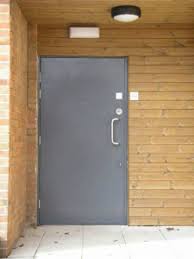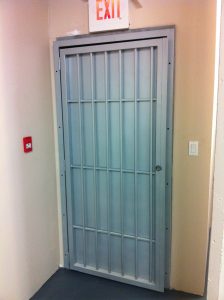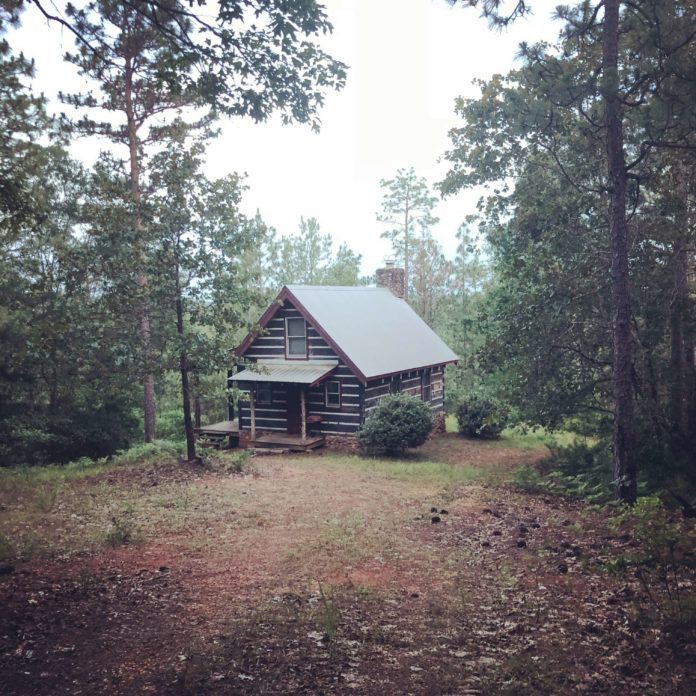Does a disused building really need security? After all; it’s empty – what could possibly go wrong?
The answer is yes! It’s a common misconception that vacant premises don’t need maintenance or security. In many cases; an empty building is more susceptible to damage; criminal activity and hefty insurance claims than an occupied building filled with expensive equipment.
Whether you are the business owner or landlord for a residential block; or a commercial or industrial unit; if it’s vacant – or about to become vacant – for any length of time; you need to make sure it’s secure; ASAP.
The 4 Main Risks to an Empty Building:
- Weather – It doesn’t take much time for the elements to take a toll on a building that isn’t being maintained. Inclement weather can damage its exterior; and if a storm or gale damages the roof or windows; you may find that bad weather causes problems inside; too. Besides; no evidence of activity raises curiosities.
- Thieves – Any equipment left in an unsecured building is at risk of theft; but even if you’ve emptied everything out; thieves may still break in to steal valuable construction materials; like copper pipes or wires.
- Vandals – Not everybody will want to steal things; some people just like being destructive. A vacant property is an easy target for vandals to leave waste; break things and cover the walls in graffiti.
- Trespassing -Trespassing covers a number of threats; from so-called “urban explorers”; breaking in out of curiosity; to those with more sinister intentions. Vacant buildings can be tempting for homeless people looking for shelter; and your building may end up being used as a squat or for illicit activities.
Steps for Keeping a Vacant Property Secure:
- Secure entrances
When you leave your building; double check that all windows and doors are properly closed and locked. Inspect each frame for gaps or damage; which will make it vulnerable to wind and rain getting in; as well as opportunists looking for the easiest way to get inside.




If you don’t expect to be using your building again for some time; consider using a more robust method of securing the windows and doors. Traditional wooden boarding may be cost-effective; but instances have occurred where these have contributed to the blaze of an arson attack; so consider a metal alternative. You can also install steel security doors which make it impossible to access your building without special equipment.
- Maintain the Exteriors
Bins; palettes and spare construction materials will quickly turn into projectiles in the hands of a vandal; or when picked up by high winds in a storm. Loose items can also be stolen; used to climb over fences and as fuel for an arson attack. Be vigilant; and make sure large objects are secured or stored out of sight.
Landscaping may be the last thing on your mind when it comes to maintaining a vacant property; but a little bit of effort is required to keep your premises safe. Keeping pathways clear of debris (and snow and ice in winter) is the responsibility of the building owner; while trimming grass and hedges limits the available habitat for vermin. It also shows recent human activity which tends to make people less prone to mischief.
- Check the alarms
It’s vital that any business is fitted with a security alarm. A visible alarm system will go a long way to deter trespassers; and by linking it to the local police you can have an immediate response to an incident. Regularly check that it is working properly; and if the system is managed by a third party; be sure to inform them if you will not be using the building for a period of time.
The same goes for your fire alarm and sprinkler system. An empty building will still need protection in the event of a fire; so make sure that your pipes and sensors are maintained and functional.
- Increase passive security
Routine use might mean that there is someone in your building so often that other forms of security fall by the wayside. While dummy cameras are a reasonable deterrent for opportunists; the longer you intend to leave a property vacant; the more you should consider installing operational cameras to record trespassers or criminal activity in your absence.
Making your site physically harder to access is another important precaution; particularly if you have open spaces that may appeal to fly-tippers or travellers. Fencing; secure gates and concrete barriers are all ways to stop an unauthorised person or vehicle from entering your property.
- Hire active security
If you have valuable equipment or materials stored on your premises; it might be more prudent to hire a professional guard patrol (guard dogs and handlers are also a good option) to ensure trespassers stay away. You can arrange for a guard to check on your building at random times of day (or night); and report back if any unusual activity is detected.
In some cases – particularly where the building is scheduled for future renovation or demolition – registering your building for a guardianship scheme may be a more cost-effective solution. You won’t be able to freely access your building while the guards are present; but having a live-in security option is the most effective against trespassers and squatters taking up residence in the building.
Don’t risk your vacant building becoming a liability – take the right steps now and you’ll thank yourself later.





















